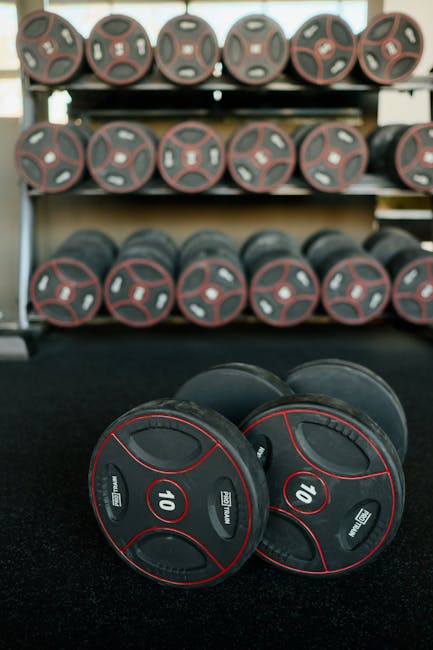Diet and Fitness: Achieving Weight Loss and Muscle Gains
Welcome to your ultimate guide on balancing diet and fitness to achieve both weight loss and muscle gains! Whether you’re a fitness newbie or a seasoned gym-goer, finding the right balance can be challenging. But don’t worry, we’ve got you covered with actionable insights and tips to help you on your journey. Let’s dive in! 💪
Table of Contents
1. Introduction
2. Understanding the Basics
3. The Perfect Diet for Weight Loss and Muscle Gains
4. Effective Fitness Strategies
5. Staying Motivated
6. Conclusion
7. FAQ Section
Understanding the Basics
Before we delve into the specifics, it’s essential to understand the core principles of weight loss and muscle gain. Both require a combination of proper nutrition and a consistent workout routine. The key is balance: consuming fewer calories than you burn for weight loss while ensuring enough protein intake for muscle growth.
The Perfect Diet for Weight Loss and Muscle Gains 🍏
Nutrition plays a crucial role in your fitness journey. Here’s how to tailor your diet for optimal results:
1. Prioritize Protein
Protein is your best friend! It helps repair and build muscles. Aim for lean sources like chicken, fish, tofu, and legumes. A good rule of thumb is to consume 1.2 to 2.0 grams of protein per kilogram of body weight.
2. Balance Your Macros
While protein is essential, don’t forget about carbs and fats. Carbohydrates provide the energy required for your workouts, while healthy fats support hormone production. Strive for a balanced diet that includes all three macronutrients.
3. Keep Track of Your Calories
To lose weight, create a calorie deficit. Use a calorie tracking app to monitor your intake and ensure you’re eating fewer calories than you burn.
Effective Fitness Strategies 🏋️♂️
Exercise is the other half of the equation. Here’s how to structure your workouts for success:
1. Mix Cardio and Strength Training
Cardio helps burn calories, while strength training builds muscle. Incorporate both into your routine for the best results. Aim for at least 150 minutes of moderate aerobic activity or 75 minutes of vigorous activity each week, along with two sessions of strength training.
2. Progressive Overload
This is a fancy term for gradually increasing the intensity of your workouts. Whether it’s adding more weight, increasing reps, or shortening rest periods, progressive overload is key to muscle growth.
3. Rest and Recovery
Don’t underestimate the power of rest! Your muscles need time to repair and grow. Ensure you get 7-9 hours of sleep per night and allow at least one rest day per week.
Staying Motivated 🎯
Let’s face it, staying motivated can be tough. Here are some tips to keep you on track:
1. Set Realistic Goals
Setting achievable goals keeps you motivated and provides a sense of accomplishment. Break down big goals into smaller, manageable milestones.
2. Track Your Progress
Keep a journal or use an app to log your workouts and diet. Seeing your progress over time can boost motivation and provide insight into what works best for you.
3. Find a Workout Buddy
Having a friend join you can make workouts more enjoyable and hold you accountable to your fitness goals.
Conclusion
Achieving weight loss and muscle gains is a journey that requires dedication, balance, and a little bit of patience. With the right diet, fitness strategies, and a dash of motivation, you’re well on your way to reaching your goals. Remember, it’s about creating a lifestyle that you can maintain in the long run. Happy training! 🌟
FAQ Section
How much protein should I eat per day to build muscle?
Aim for 1.2 to 2.0 grams of protein per kilogram of body weight, depending on your activity level and fitness goals.
Can I lose weight and gain muscle at the same time?
Yes, it’s possible! Focus on a balanced diet with a slight calorie deficit and incorporate both strength training and cardio into your routine.
How often should I work out to see results?
Aim for at least three to five workouts per week, combining both cardio and strength training for optimal results.
What should I eat before and after workouts?
Before workouts, consume a mix of carbs and protein for energy. After workouts, focus on protein-rich foods to aid in muscle recovery.
Is it necessary to take supplements?
Supplements can be helpful but are not necessary for everyone. Focus on getting nutrients from whole foods first, and consult a healthcare professional before starting any new supplement regime.





